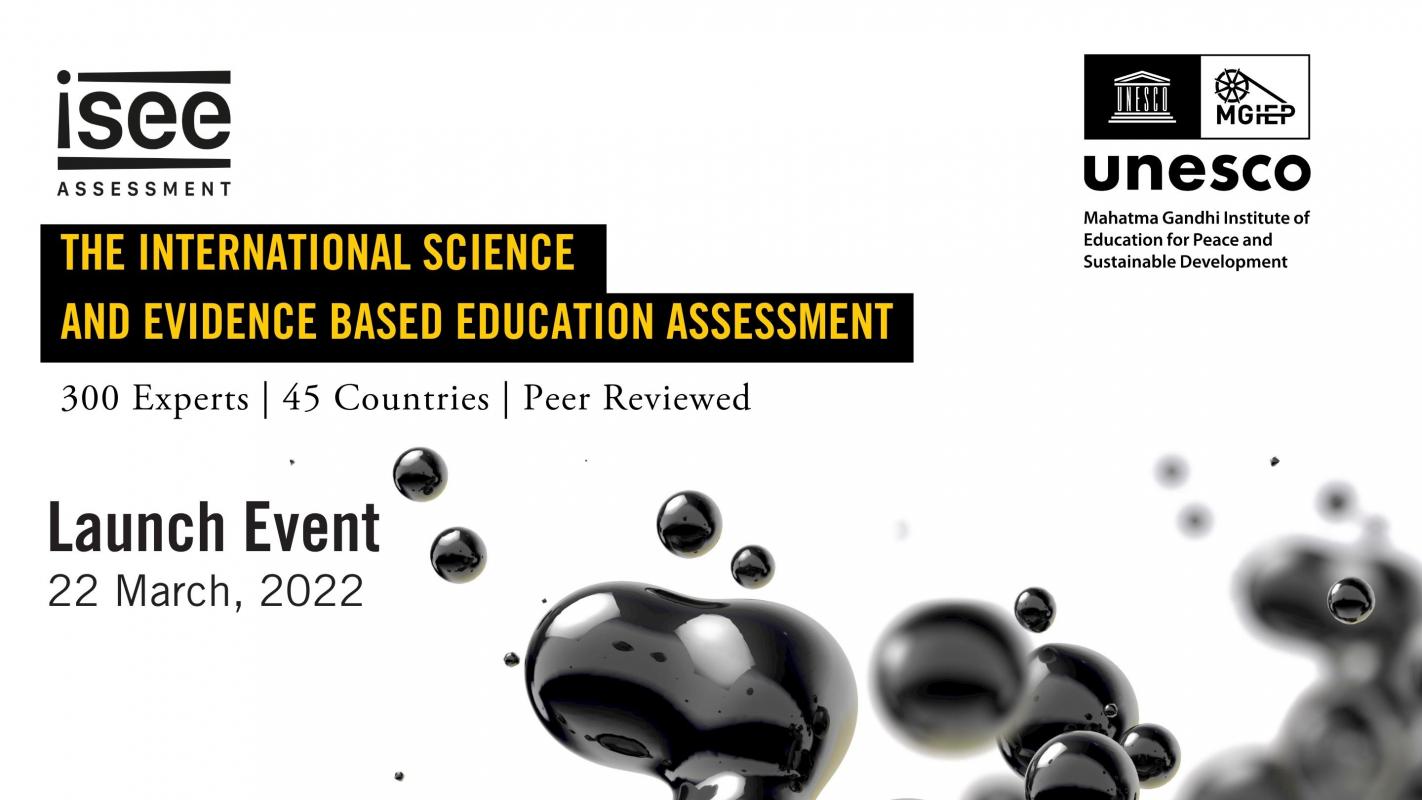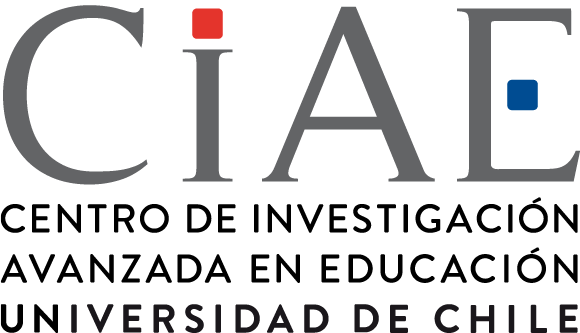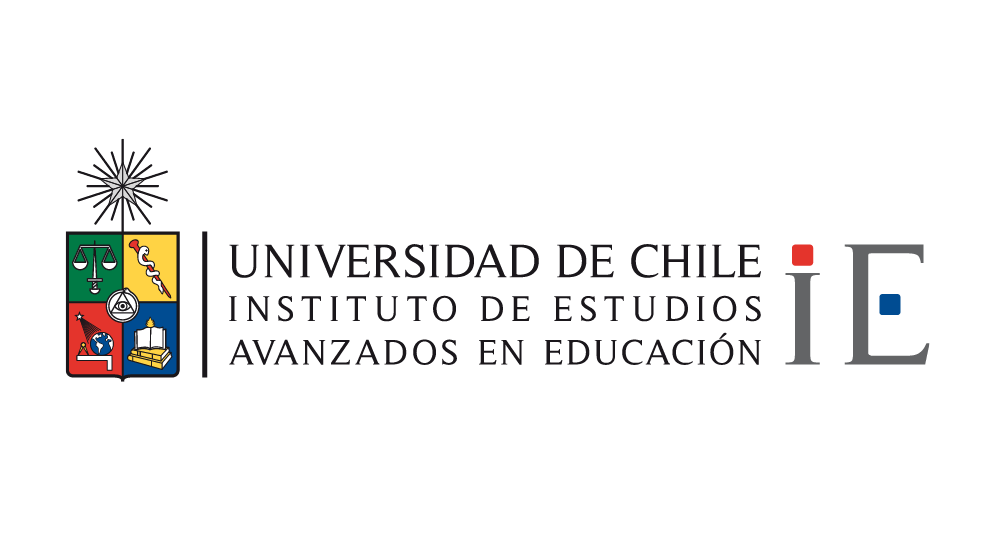
The International Science and Evidence based Education (ISEE) Assessment brought together over 300 experts from 45 countries across the world from a wide range of disciplines working on #education with an aim to contribute to the re-envisioning the future of education to build more resilient and sustainable systems that can weather any crisis that comes our way.
Join us virtually for the milestone launch of the full report of The ISEE Assessment on 22 March, 2022 being held at UNESCO Headquarters, Paris.
Sign up at https://mgiep.unesco.org/iseea-report-launch
10:00 AM – 12:00 PM (CET / Paris Time)
Horario Chile: 6:00AM-8:00 AM.
Transmisión en vivo en nuestro Facebook: https://www.facebook.com/ciae.uchile *evento en inglés
More about ISSE
The International Science and Evidence based Education (ISEE) Assessment is an initiative of the UNESCO Mahatma Gandhi Institute of Education for Peace and Sustainable Development (MGIEP), was conceived to complement the UNESCO’s Futures of Education call for a new Social contract at the 41st UNESCO General Conference in November 2021 with a science and evidence-based report; the first-ever large-scale assessment of the state of education and learning.
The overall goal of the ISEE Assessment is to pool the multi-disciplinary expertise on educational systems and reforms from a range of stakeholders in an open and inclusive manner and undertake a scientifically robust and evidence-based assessment that can inform education policy making at all levels and scales. The Assessment adopts a scientifically credible, legitimate, relevant inclusive and consensual process that will assess the state of education as a complex system and its role in achieving sustainable and peaceful societies. It is not to be policy prescriptive but to provide policy-relevant information and recommendations to improve education systems and the way we organise learning in formal and non-formal settings. It is also meant to identify information gaps and priorities for future research in the field of education.




